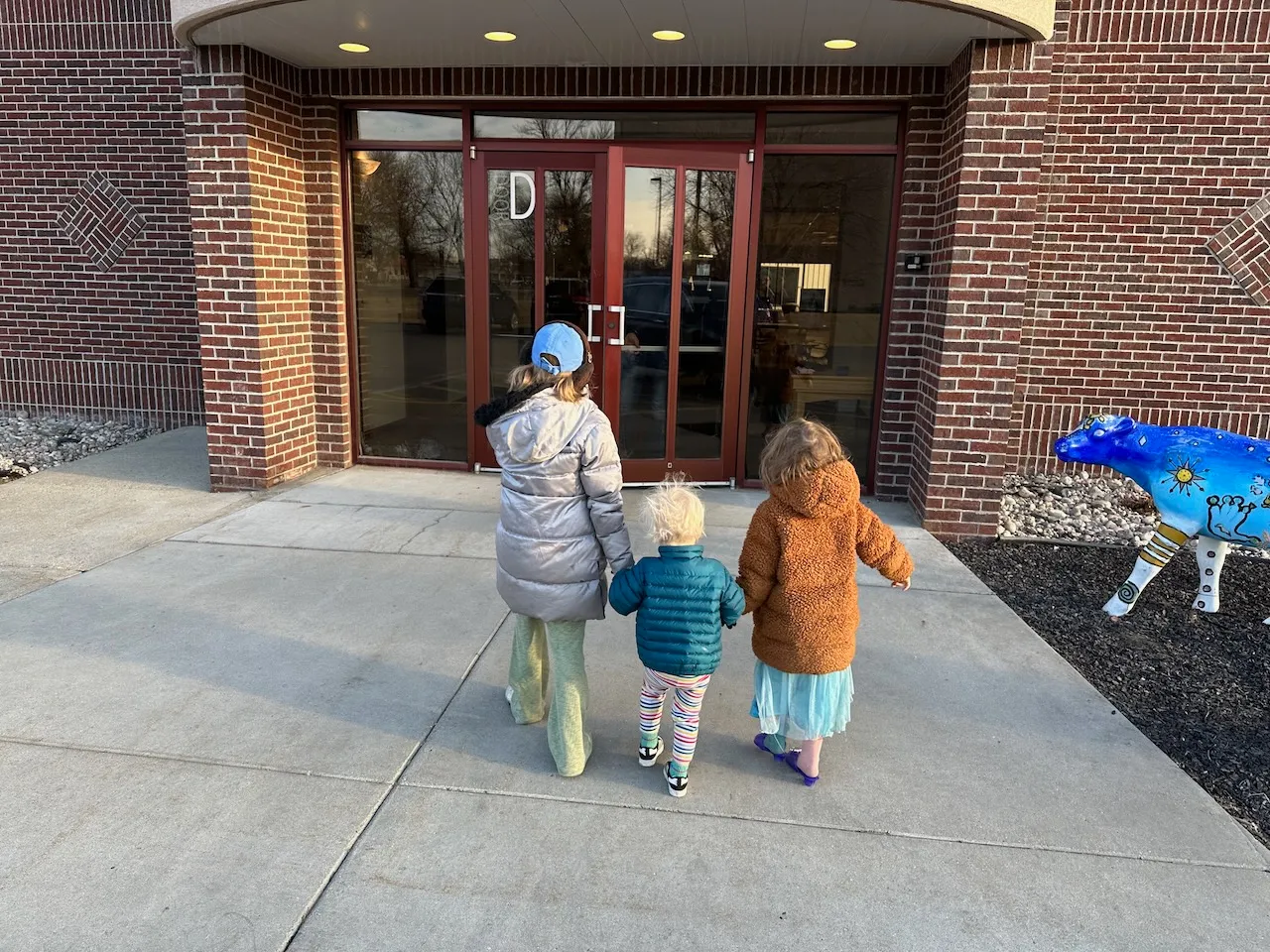Show What You Know with AI - Colin Reynolds of Education Design Lab
Digital credentials show what we know. AI is translating shoeboxes of paper into digital credentials to unlock opportunities. Colin Reynolds shares how this might happen and what it will unlock.

Table of Contents
Show What You Know
Opportunity is often based on what we know.
How do we show what we know? 🎓
Today, we still use a “piece of paper” created by institutions, whether an immigration record, a driver’s license, or an education record.
Colin Reynolds challenges us in the Ed3 podcast and video to rethink how we create and share credentials. (He also gives some great shout-outs to rural AM radio, which was also my first job! 📻)
By helping to create interoperable digital credentials, we are able to:
- Better represent what we know - even if you learn a skill outside of an institution, you can still represent it
- Easily share our records - no more calling the registrar to get your transcript, and migrants who can’t get their credentials can still showcase their skills
- Reduce bias in hiring - if you have the necessary skill, you have an opportunity to apply and earn a job, regardless of how you earned those skills and who is looking at resumes
The Sheepskin Effect
I previously wrote about the powerful Sheepskin Effect - the phenomenon that finishing a degree is what provides value to students, not the actual skills developed. For example:
🏁 Finishing 7/8ths of a degree doesn’t equate to earning 7/8ths of a graduate’s salary
⚖️ College graduates earn an average of ~$70,000 per year compared to $47,500 for those who finish some college but don’t graduate
The value of education should be learning, not the diploma. The Sheepskin Effect shows the piece of paper - or "sheepskin" - creates value for employers. Learning employment records, or LERs, can refocus value on learning.
The AI Credential Engine
Artificial Intelligence, or AI, enters the stage at this point of the story. LERs have a cold start problem, as Evin mentioned in her podcast interview. Employers, institutions, and learners all need to start using LERs for the system to work.
⛽️ How do you jump-start this ecosystem?
In his new role at Education Design Lab, Colin is working to make this happen with the Experience You project. This collaborative project with the US Chamber of Commerce accelerates the adoption of learner employment records using AI.
Their recent call for participation challenges companies to use AI to convert existing pieces of paper into machine-readable LERs that learners can verify and employers can sort.
🗄Imagine that you go to your parents’ garage, take that file cabinet of papers and send it to an AI tool.
That AI tool converts it into digital credentials you can store together in your wallet, or backpack. These credentials can then be shared to get you anything from spots at the local preschool for your child to jobs or even entry into a new country.
The Digital Credential Future
Digital credentials offer new opportunities and concerns that leading education technologists are exploring. With the pace of iteration and improvement in AI, it’s possible that we could all soon be carrying our credentials with us anywhere we go. (My mom will thank me for helping to clean her house!)
It will take time to break the culture of the sheepskin, but as Colin notes, LERs offer the greatest chance to reimagine the future of trust and opportunity.
Dive deeper in this week’s podcast and YouTube video.
Scott David Meyer Newsletter
Join the newsletter to receive the latest updates in your inbox.



